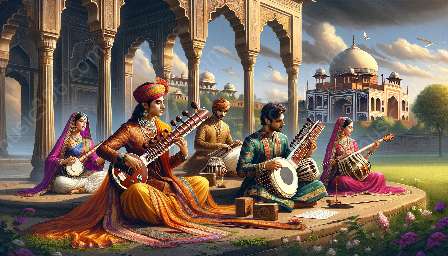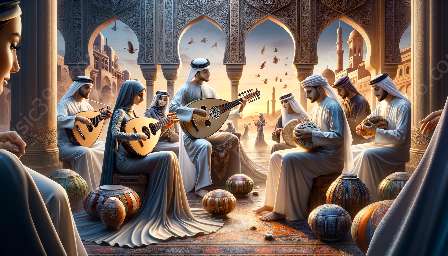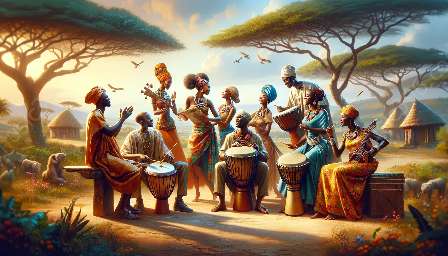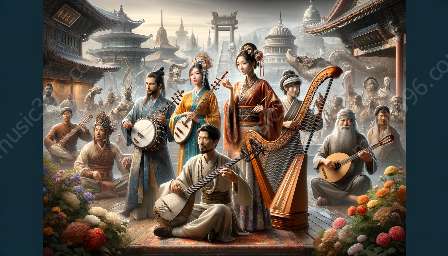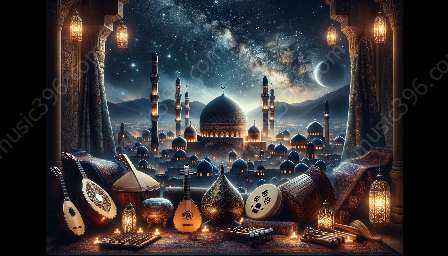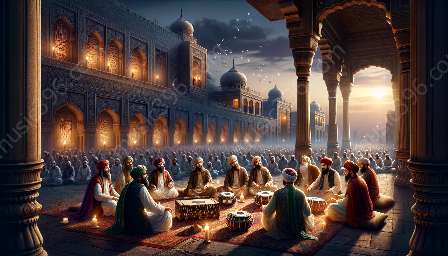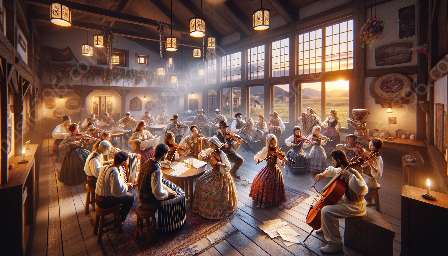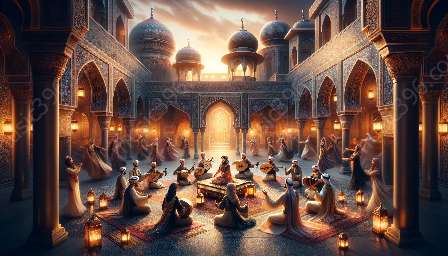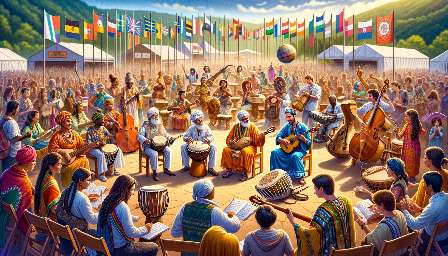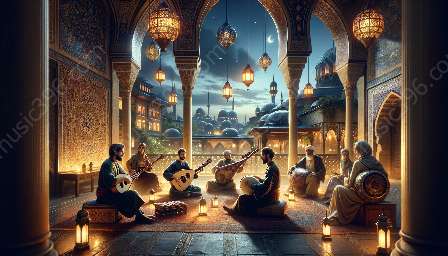Women have been integral to the creation and performance of Middle Eastern music for centuries. Their diverse cultural influences have greatly contributed to the richness and diversity of world music. In this topic cluster, we will delve into the significant role that women play in shaping Middle Eastern music and their enduring impact on the global music scene.
Cultural Traditions and Influence
The cultural traditions of the Middle East have long celebrated the important role of women in music. From ancient times to the present day, women have made essential contributions as composers, performers, and preservers of musical heritage. Their musical expressions reflect the rich tapestry of Middle Eastern cultures, with influences from Arabic, Persian, Turkish, and other regional traditions.
Instrumentation and Vocal Traditions
Women in the Middle East have been instrumental in shaping traditional instrumentation and vocal traditions. They play a crucial role in mastering instruments such as the oud, qanun, and ney, as well as in developing distinctive vocal techniques and styles that are integral to traditional Middle Eastern music.
Diversity and Innovation
The evolving landscape of Middle Eastern music has seen women spearheading diverse and innovative approaches to music creation and performance. From fusing traditional sounds with modern influences to exploring new genres and experimental collaborations, women have expanded the boundaries of Middle Eastern music and propelled it onto the global stage.
Women in Middle Eastern Music Today
While the historical role of women in Middle Eastern music has been significant, their influence continues to resonate in the contemporary music scene. Women artists, composers, and musicians from the Middle East have garnered international acclaim, captivating audiences with their exceptional talents and pushing the boundaries of traditional music.
Empowerment and Representation
Contemporary female musicians in the Middle East are using their platform to empower and inspire others. By defying social norms and challenging gender stereotypes, they are advocating for greater representation and visibility of women in the music industry, amplifying their voices and shaping the future of Middle Eastern music.
Collaboration and Global Influence
Women in Middle Eastern music are actively engaging in cross-cultural collaborations and contributing to the global music landscape. Their collaborations with artists from diverse backgrounds have enriched world music, fostering greater understanding and appreciation of the cultural heritage embedded in Middle Eastern musical traditions.
Challenges and Opportunities
Despite their invaluable contributions to Middle Eastern music, women still face challenges in navigating the male-dominated music industry. However, these challenges have sparked conversations about gender equality and paved the way for new opportunities for women to advance and thrive in the music scene.
Educational Initiatives and Mentorship
Efforts to promote music education and mentorship programs have provided women in the Middle East with greater access to resources and support, nurturing the next generation of female musicians and ensuring the continuity of their musical legacy.
Social Change and Advocacy
Women artists and advocates are driving social change and advocating for gender equality within the music industry. Their activism is shifting perceptions and creating pathways for a more inclusive and equitable environment that celebrates the talent and contributions of all musicians, regardless of gender.
Conclusion
The role of women in the creation and performance of Middle Eastern music is essential to understanding the dynamic and thriving landscape of world music. Their cultural influence, innovative spirit, and commitment to empowerment continue to shape the evolution of Middle Eastern music, contributing to its enduring legacy and impact on the global stage.



